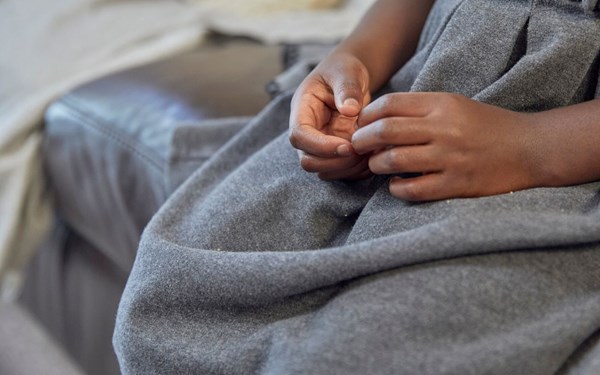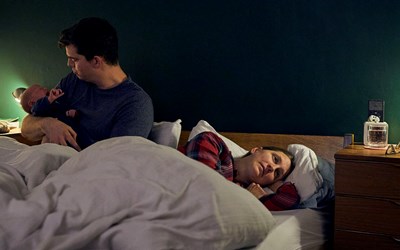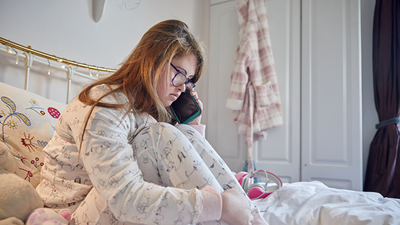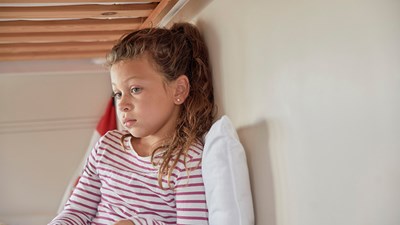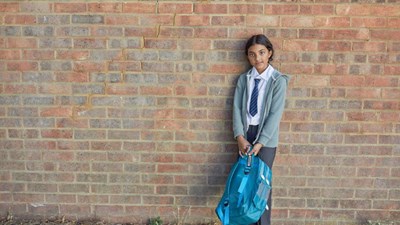Worried about a child?
Contact our Helpline by calling 0808 800 5000 or emailing [email protected].
What is domestic abuse?
Domestic abuse is any type of controlling, bullying, threatening or violent behaviour between people who are or have been in a relationship. It can also happen between adults related to one another. It can seriously harm children and young people, and experiencing domestic abuse is child abuse.
It's important to remember that domestic abuse:
- can happen inside and outside the home
- can happen over the phone, on the internet and on social networking sites
- can happen in any relationship and can continue even after the relationship has ended
- both men and women can be abused or abusers.
Types of domestic abuse
Domestic abuse can be emotional, physical, sexual, economic, coercive or psychological, such as:
- kicking, hitting, punching, cutting or throwing objects
- rape (including in a relationship)
- controlling someone's finances by withholding money or stopping someone earning
- controlling behaviour, like telling someone where they can go and what they can wear
- not letting someone leave the house
- reading emails, text messages or letters
- threatening to kill someone or harm them
- threatening to another family member or pet.
If the children have witnessed Dad hitting Mum, that's going to prey on their mind. There’s always a risk of physical harm if things escalate.
But emotionally those impacts are going to be long term and can affect their own relationships in the future.
Signs of domestic abuse
It can be difficult to tell if domestic abuse is happening and those carrying out the abuse can act very different when other people are around. Children and young people might also feel frightened and confused, keeping the abuse to themselves.
Signs that a child has experienced domestic abuse can include:
- aggression or bullying
- anti-social behaviour, like vandalism
- anxiety, depression or suicidal thoughts
- attention seeking
- bed-wetting, nightmares or insomnia
- constant or regular sickness, like colds, headaches and mouth ulcers
- drug or alcohol use
- eating disorders
- problems in school or trouble learning
- tantrums
- withdrawal.
Effects of domestic abuse
Living in a home where domestic abuse happens can have a serious impact on a child or young person's mental and physical wellbeing, as well as their behaviour. This can continue after the adults' relationship has come to an end, and post-separation abuse and coercive controlling behaviours can continue to remain a factor in the child’s life. The impact can last into adulthood.
What's important is to make sure the abuse stops and that children have a safe and stable environment to grow up in.
Our services can support children and young people who have experienced domestic abuse to help them move on and receive the care they need.
Children are now recognised victims of domestic abuse
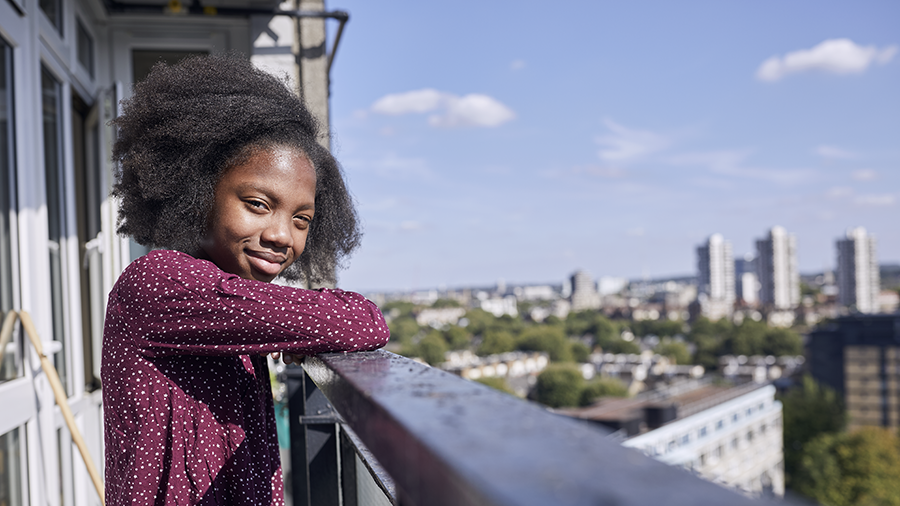
Being exposed to domestic abuse has serious consequences for children and young people; and it can affect how they feel, think and behave in harmful ways.
Thanks to our campaign alongside other children’s charities and women’s organisations and the backing we received from supporters around the UK – government agreed to recognise children as victims. The Domestic Abuse Act should mean that they can access the protection and support they need to recover.
"I am delighted that the Domestic Abuse Bill has been passed by the House of Commons [It] will have a profound and positive impact on millions of victims, survivors and children across the country."
Victoria Atkins, Minister for Safeguarding
If a child reveals abuse
If a child talks to you about domestic abuse it's important to:
- listen carefully to what they're saying
- let them know they've done the right thing by telling you
- tell them it's not their fault
- say you'll take them seriously
- don't confront the alleged abuser
- explain what you'll do next
- report what the child has told you as soon as possible.
Report abuse
You can contact the NSPCC Helpline by calling 0808 800 5000, emailing [email protected] or completing our report abuse online form.
Support
For parents
If you're an adult experiencing domestic abuse, there are organisations that can help.
- Relate
0300 003 0396
You can talk to Relate about your relationship, including issues around domestic abuse. - National Domestic Violence Helpline
0808 2000 247
A 24 hour free helpline run in partnership between Women's Aid and Refuge. - Men's Advice Line
0808 801 0327
Advice and support for men experiencing domestic violence and abuse. - National LGBT+ Domestic Abuse Helpline
0800 999 5428
Emotional and practical support for LGBT+ people experiencing domestic abuse.
Worried about a child?
You can contact the NSPCC Helpline by calling 0808 800 5000, emailing [email protected] or completing our report abuse online form.
For children and young people
Our Domestic Abuse, Recovering Together (DART™) is a therapeutic service for mothers and children who have experienced domestic abuse.
Find out more about all our services for children, including how to get in touch with ones in your area.
The Hide Out, created by Women's Aid, is a space to help children and young people understand abuse. It also helps them learn how to take positive action.
How Childline can help
We understand how difficult it is for children to talk about domestic abuse. Whether it's happening now or happened in the past, Childline can be contacted 24/7. Calls to 0800 1111 are free and confidential. Children can also contact Childline online.
Childline has information and advice for children and young people about domestic abuse, including why it happens and what they can do.
How DART helps
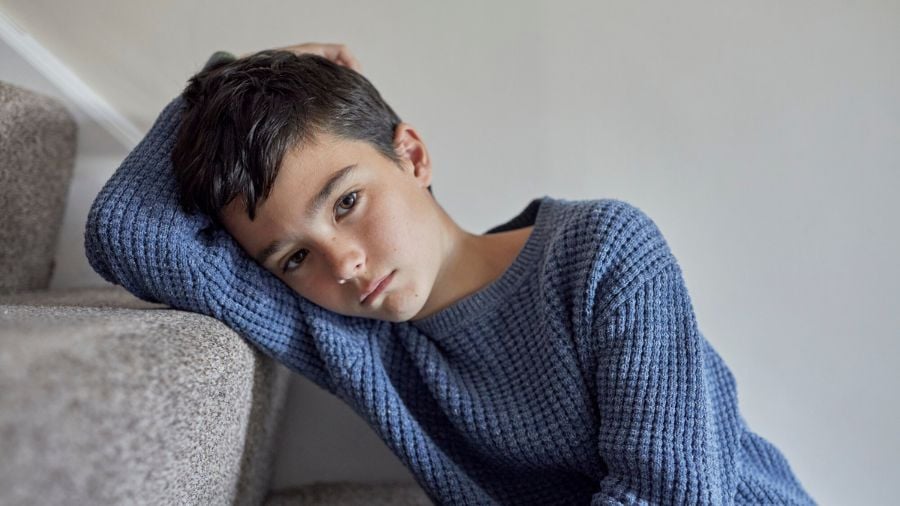
Around 1 in 5 children have been exposed to domestic abuse.1 Children never just ‘witness’ domestic abuse, the law now recognises they can be victims. Exposure to domestic abuse is child abuse, and it can have a significant impact on a child’s development, health and wellbeing.
We developed a group work programme, Domestic Abuse, Recovering Together (DART), to help children cope with the effects of domestic abuse. Our programme allows children and mothers to talk openly, learn to communicate about what’s happened and rebuild their relationship. The service, recognised by the Home Office, also provides an opportunity to meet with and learn from others who’ve lived through similar experiences.
"We had to watch videos of people like arguing and talk about it. I thought that was quite good because you get to tell the truth to everybody [about what had happened at home]. [It was] a little bit hard but I felt quite good about myself because I let it all out. [Before DART] I kept it to myself . . . All the bad things were in my brain and now it’s turned good. "
Boy aged 8 who attended DART
Domestic abuse can have a negative impact on a child's behaviour, brain development and wellbeing. Children need safety and security – and when those needs aren’t met it can take a toll on their education and their mental health.
"I really need your help; my dad has been physical abusing my mum. He has an anger problem and it's getting out of hand. The smallest things make him angry and he starts shouting. I'm terrified of him and I've had enough, I can't take it any more - please help me!"
Boy, aged 14, Childline
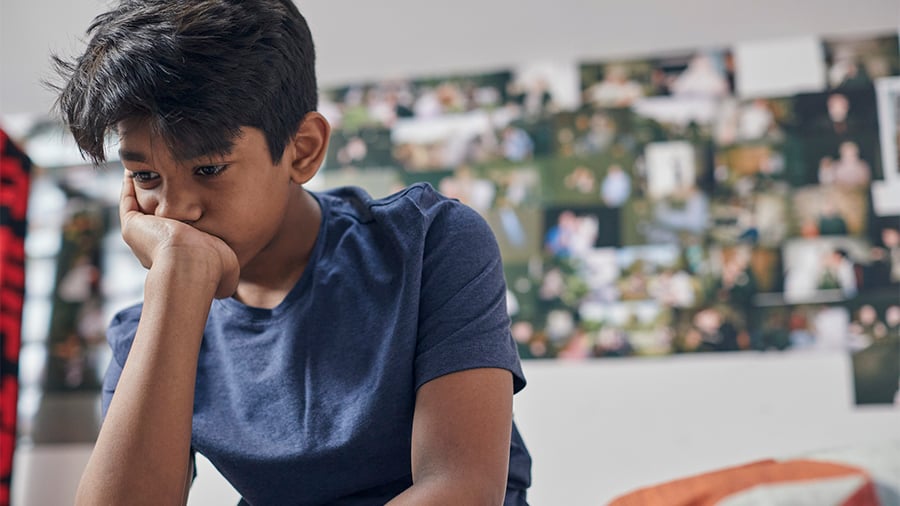
We’ve been running DART for over 10 years. In that time, we’ve worked with more than 2,000 women and children across the UK. Since 2018, we’ve trained over 300 professionals in partner organisations to deliver DART themselves.
We evaluated DART and we found that after completing the programme:
- mothers’ self-esteem and confidence in parenting increased
- mothers reported more affection towards their children
- children had fewer emotional and behavioural difficulties
- the sessions helped children share their experiences of the abuse, and their mothers to understand them.
Read more about the impact our DART service has made in our evaluation on NSPCC Learning.
"I feel I and my daughter have learnt a lot coming here and we’ve become closer and understand each other more."
A mother attending the DART service
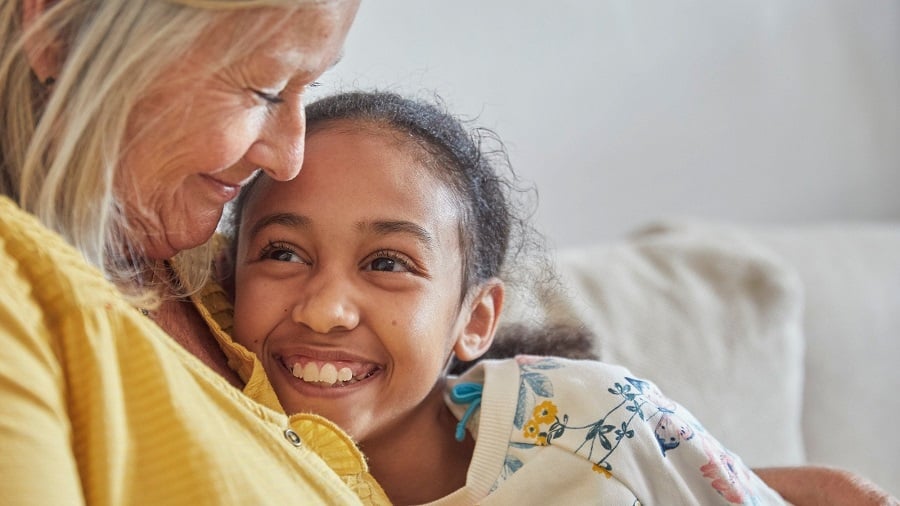
Today, parents continue to face economic and mental health pressures with limited access to support. The need for specialist services like DART is stronger than ever.
"[My son] never spoke to me about how he felt [whilst the abuse was happening]. Only afterwards [during a DART activity] he made a house, showing me crying in the bedroom, and [the perpetrator] on top of me and [my son] crying, it hit home to me. I thought he’d forgotten about it…But these things were still in his mind. I never thought he thought about it."
Mother who attended DART
We want more families to be able to access support so we’re looking to train and license more partners to help deliver the programme around the UK.
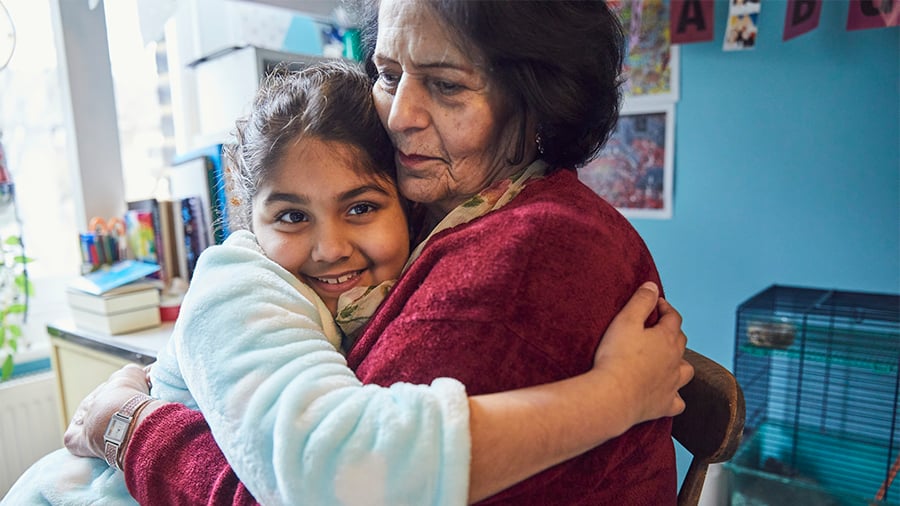
£5 could pay for one of our practitioners to answer a call to our helpline. Around 90% of our income is donated - we can only be here with your help.3
Help if you're worried about your behaviour
If you are, or think you might be, domestically abusing a member of your family, there's help available. Contact our Helpline by calling 0808 800 5000 or emailing [email protected].
Respect offers information, advice and support to perpetrators of abuse.
- Call Respect – People living in England, Wales, Scotland and Northern Ireland can call for free on 0808 802 4040 (Monday – Friday 9am-5pm).
- Email Respect – You can email Respect on [email protected]. They aim to reply to emails within two working days.
- Chat online – Respect have a webchat service available on Tuesdays and Thursdays 10am-4pm.
More support for you and your child
References
-
1. Radford et al (2011) Child abuse and neglect in the UK today. London: NSPCC
-
3.In 2019/20 our total income was £117.6 million. Of this total £93.5 million came from donations and legacies and a further £9.0 million came from activities undertaken for the purpose of raising funds (like dinners and balls, auctions and challenge events). This gives a total of £102.5 million from our supporters, or 87% of all income.


